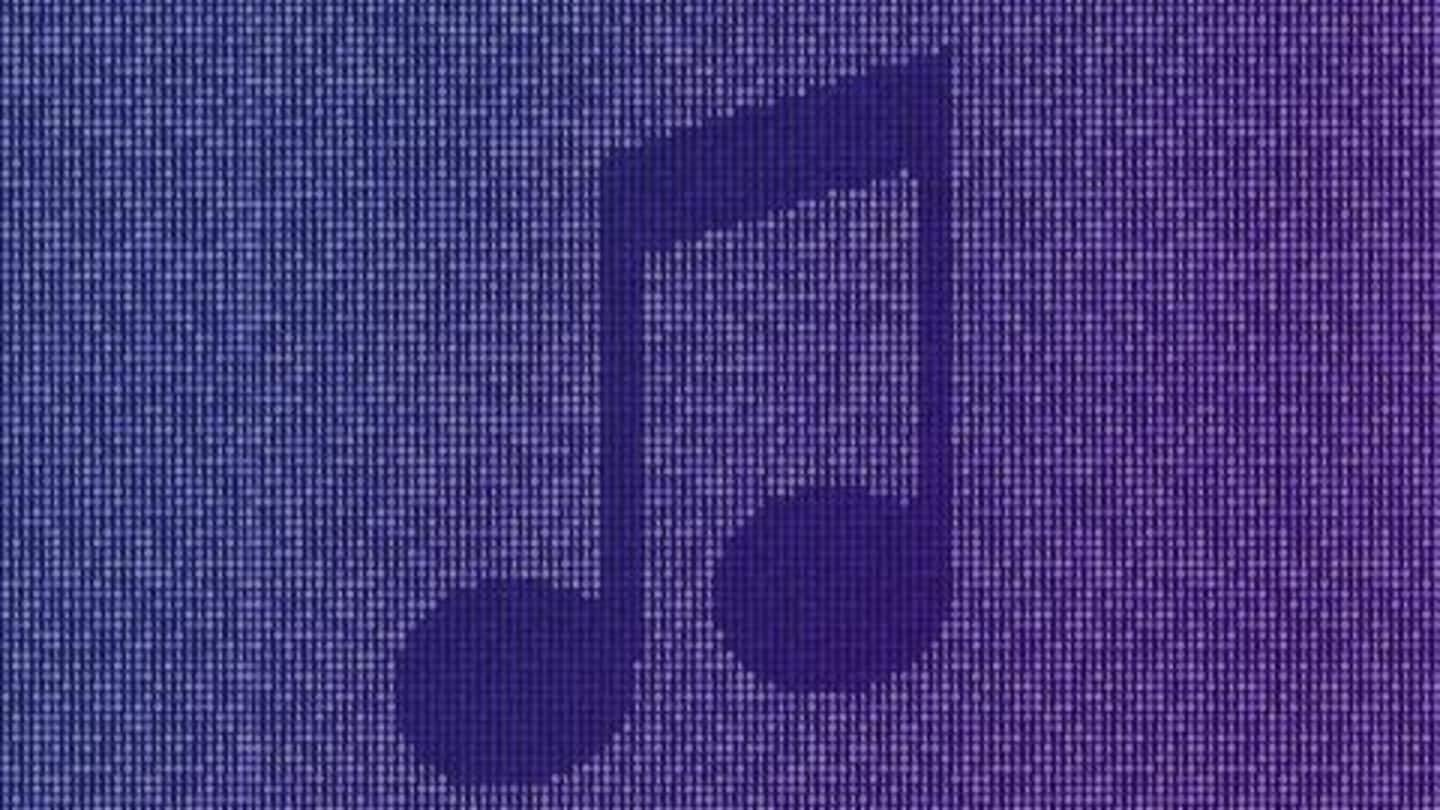
OpenAI launches Jukebox, an AI engine that creates entire songs
What's the story
After writing news stories, beating professionals at poker, and detecting asteroids capable of hitting our planet, artificial intelligence is stepping into the world of music creation.
OpenAI, the artificial intelligence research lab founded by Elon Musk and other tech moguls, has launched Jukebox, an open-source neural network that can generate entire songs on its own.
Here's all about it.
AI
Jukebox generates songs with music, lyrics, and vocals
Trained on datasets containing music of almost every genre, Jukebox works as an automated system capable of creating novel songs, complete with recognizable lyrics, vocals, and music.
According to OpenAI, it "can produce songs from highly diverse genres of music like rock, hip-hop, and jazz" and "capture melody, rhythm, long-range composition, and timbres for a wide variety of instruments".
Caveat
But, its creations sound a little familiar
While it is pretty impressive to see an AI create songs from scratch, it is worth noting that, in many cases, its creations might sound familiar.
The reason being, in many cases, it tries to create songs by capturing and replicating "the [lyrical] styles and voices of singers" whose music was used to train the system in the first place.
Previous effort
Jukebox AI's songs are available online
OpenAI has been working on music-making AI for quite a few years and had already developed 'MuseNet' to generate full-length MIDI tracks with tones and compositions.
The new Jukebox system has also been trained like MuseNet, but it clearly goes a step ahead by bringing in vocal parts and lyrics across a range of genres.
Some of its songs are already available on SoundCloud.
Gaps
Still, some gaps need to be filled
The researchers used over 1.2 million songs to train Jukebox, but even after that, they said there are many limitations that make its creations different from normal music.
For instance, the team said, "The generated songs show local musical coherence, follow traditional chord patterns, and can even feature impressive solos, [but] we do not hear familiar larger musical structures such as choruses that repeat".
Twitter Post
Some have also raised questions over Jukebox's voice replication ability
Did Kanye West, Katy Perry, Lupe Fiasco and the estates of Aretha Franklin, Frank Sinatra and Elvis Presley give OpenAI permission to use their audio recordings as training material for a voice-synthesis/musical-composition/lyric-writing algorithm? My guess is no.
— Cherie Hu (@cheriehu42) April 30, 2020